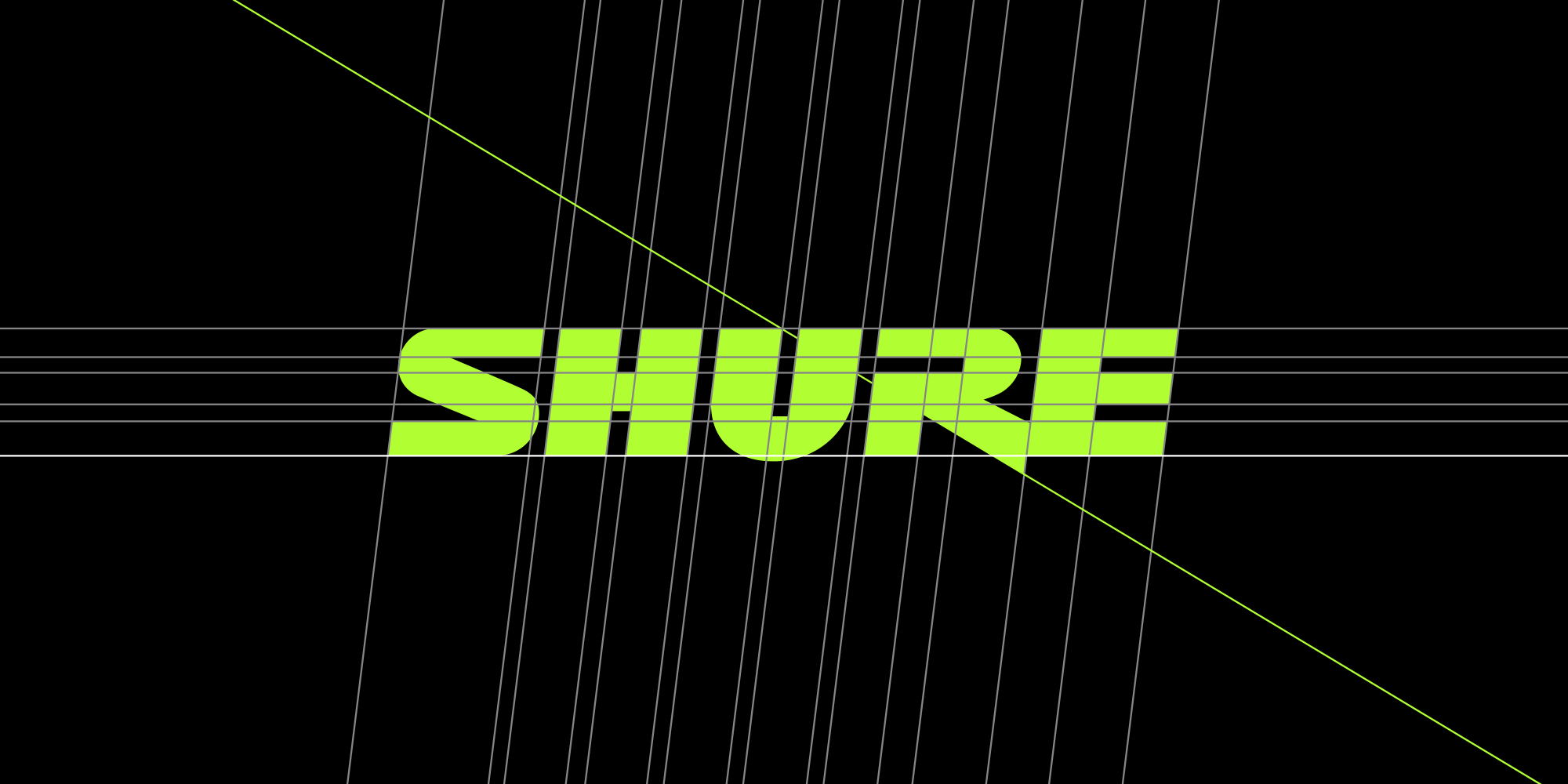Sydney Jewish Museum

The Sydney Jewish Museum was established three decades ago by Holocaust survivors who came to Australia. The Museum’s tagline, ‘Where history has a voice’, encapsulates both the origins and mission of the Museum, while also fitting perfectly with the newly installed feature exhibit Reverberations: A Future for Memory.
This interactive, high-tech attraction shines a light on the humanity and life experiences of Holocaust survivors who, in recent years, have shared their stories in person with visitors. Created in collaboration with the USC Shoah Foundation – The Institute for Visual History and Education, the unique visitor experience uses cutting-edge technology, including components from the Shure Stem Ecosystem, to transform the life stories of Sydney-based Holocaust survivors into interactive, on-screen biographies capable of conversation with visitors.
“The aim of our exhibition is to provide an opportunity for future generations to have a conversation with a Holocaust survivor,” explained the Sydney Jewish Museum’s Senior Curator Shannon Biederman. “It’s really about keeping their memories alive for the time when, sadly, there will no longer be any living Holocaust survivors.”
USC SHOAH FOUNDATION
The wider project of collecting video testimonies from actual witnesses to the Holocaust owes much to Steven Spielberg. He was inspired to establish the USC Shoah Foundation after meeting survivors of the Holocaust who visited the set of his movie Schindler’s List in 1994. Since then, tens of thousands of their stories have been filmed and preserved for future generations in the Visual History Archive, the largest collection of genocide witness testimony in the world.
Building on this, the USC Shoah Foundation’s new initiative Dimensions in Testimony was created to record and display testimony in a way that will enable actual dialogue between Holocaust survivors and visitors far into the future. With the aid of AI-based language processing computer
“We have a very close relationship with the USC Shoah Foundation,” explains Shannon Biederman. “We’ve had the Visual History Archive on site for about 15 years now, so we’ve been watching their Dimensions in Testimony project unfold over the years and we’ve always been really keenly interested in joining it here.”
CAPTURING SURVIVOR TESTIMONIES
The opportunity arrived during the Covid pandemic when recording of testimony in the United States had to be suspended. The complex recording system was brought to Australia and used to capture the intimate recollections of six Holocaust survivors from Sydney. Each survivor answered around 1000 questions about their experiences in the Holocaust, their lives, interests and hopes for the future, while being filmed within a specialized rig with 23 cameras. The many hours of footage from these interviews were then catalogued and processed, ready to be transformed into an interactive biography for the Reverberations exhibit.
With the editing of the video footage underway, the team from AV integrators Interactive Controls came on board to install the technology for the Museum exhibit itself. The striking, minimalist design brings the visitor face to face with a life size image of a survivor waiting patiently on an 86-inch monitor screen, hung in portrait mode on the wall. There are no visible buttons or controls. All interaction with the AI controls is driven by voice, captured by a Shure Stem Ceiling microphone that hovers above.
The microphone, from the Shure Stem Ecosystem, connects across a digital network to a Stem Hub that interfaces via USB directly with the computer. The PC responds to visitor questions by instantly selecting the most appropriate answer from the hundreds of stored clips and sending the video to the monitor, and sound, via the Hub, to the Shure Stem Speaker mounted in the ceiling.
INTELLIGENT CONVERSATION
From months spent in training the voice recognition systems, curator Shannon Biederman understood only too well how crucial it was to have accurate capture of the visitor’s voice interactions – even on the sometimes noisy Museum floor. “Because you’re dealing with so many different speech patterns and so many different accents, the software has quite a lot of work to do” she observed, “so the clearer the audio, the better the software can work. If it’s always getting interrupted, you’re going to get a lot of errors in the responses that the system is pulling. And that will really be detrimental to the user experience.”
Having worked with the USC Shoah Foundation on the prototype technology, Shure US enrolled the assistance of Jands, as Shure’s distributor in Australia, to provide specialized advice and assistance in installation and programming of the Shure components in the Sydney Jewish Museum system.
USC Shoah Foundation was set up to operate in what’s called an ‘audio fencing’ mode,” Jands’ own Christopher Ling explained. “Essentially audio fencing uses its built-in DSP and 100 separate microphone elements to create a conical pickup area directly under the microphone and reject audio from outside of that space.”
EFFECTIVE APPLICATION
While originally devised for videoconferencing applications in meeting rooms, the unique intelligent beamforming capabilities of the microphone and the simple, elegant architecture of the entire Shure Stem Ecosystem work brilliantly to enable true duplex conversation with the AI language processing system.
Shannon Biederman believes that the simplicity of voice interaction is an important part of Reverberations. “What we find is that the technology quickly falls away for the visitor, creating a really impactful and emotional experience,” she reflected. “Having Holocaust survivors tell this history makes it personal. It’s no longer dates, it’s not numbers. Having these stories with us into the future is really important in making history meaningful.”



